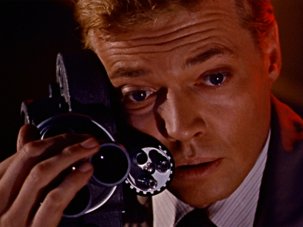For almost 50 years the BFI was among the most vital forces in British film production, developing real innovation and nurturing new talent. Launched in 1952, the BFI Experimental Film Fund helped to support many emerging voices including Tony Richardson, Michael Grigsby, Ridley Scott and Ken Russell.
The establishment of the BFI Production Board in 1966 led to bigger budgets, more experimentation and higher risks. By the 1980s the BFI was supporting the early feature films of great British iconoclasts such as Terence Davies, Derek Jarman, Sally Potter and Peter Greenaway.
Championing the work of black, gay and women filmmakers while pushing the boundaries of form and content, the BFI helped to reshape British cinema, placing politics firmly on the agenda and steering it towards the future.
Five to try
Momma Don’t Allow (1956)
Teenagers jive the night away in Karel Reisz and Tony Richardson’s Free Cinema classic.
The Burning (1967)
Stephen Frears’ South African-set debut brilliantly explores the tragedy of apartheid.
Above Us the Earth (1977)
Drama and documentary fuse in Karl Francis’ compassionate portrait of a Welsh mining community.
Caravaggio (1985)
Derek Jarman’s stunning film portrait of the Renaissance painter.
Under the Skin (1997)
Samatha Morton blisters the screen in Carine Adler’s raw psychodrama of sex and death.






